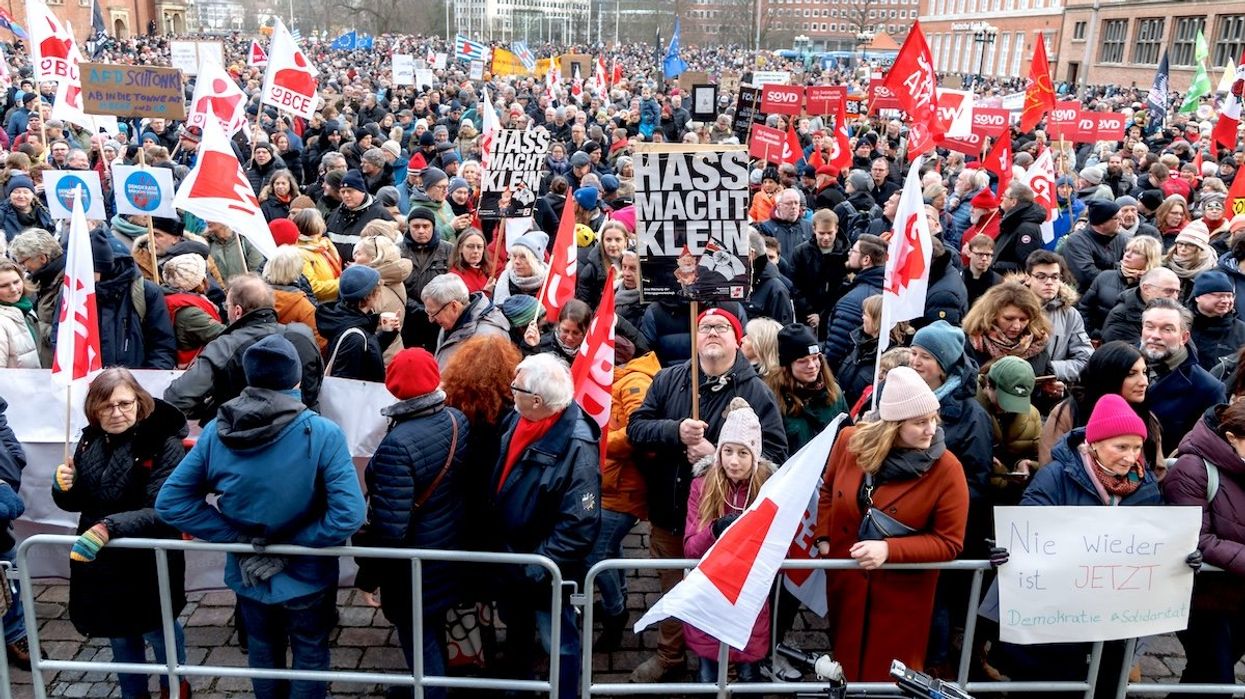What We're Watching
Conservatives come first, far right second in German election
As expected, the conservative Christian Democratic Union and its sister party, the Christian Social Union, came out on top in Germany’s election on Sunday with 28.6% of the vote. But the biggest celebrations were held by those supporting the far-right Alternative for Germany, or AfD, which scored a second-place finish with 20.8%, doubling its share of the vote since the last election. It beat the centrist SPD’s 16.4% and the Greens’ 11.6%.
Feb 24, 2025



